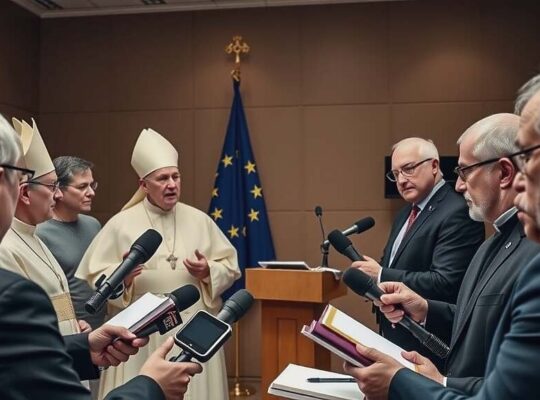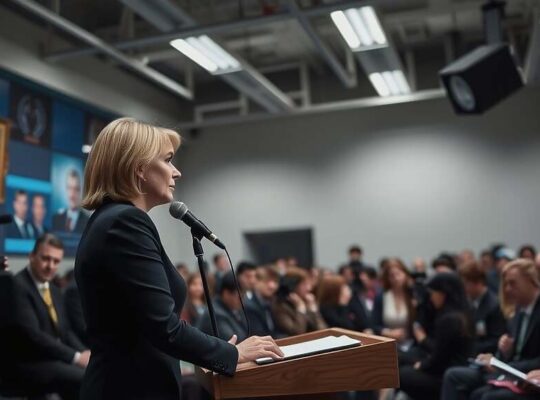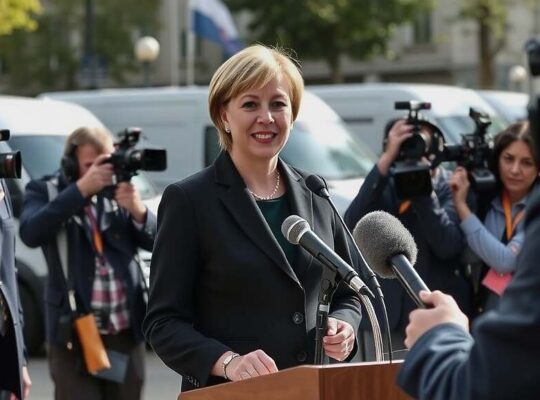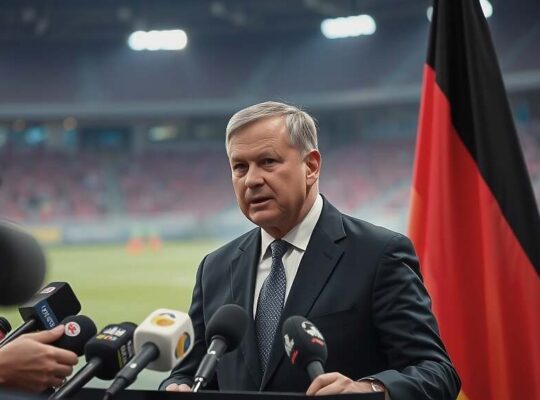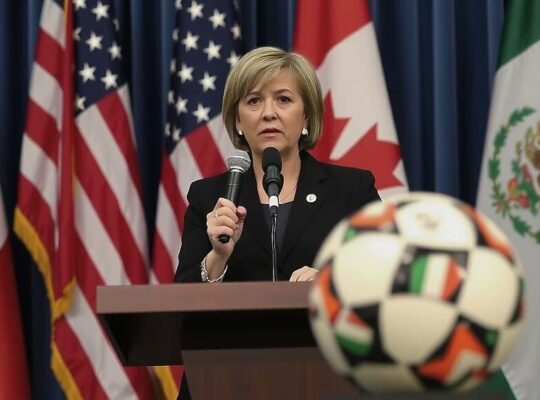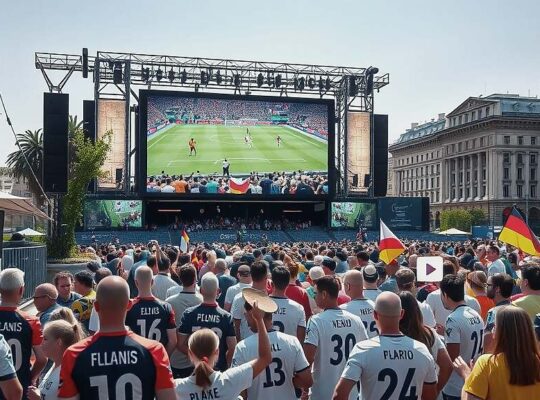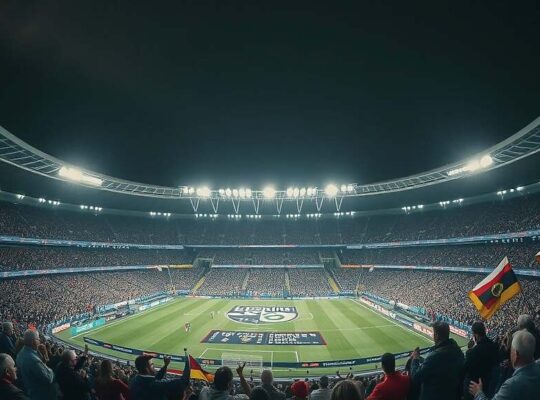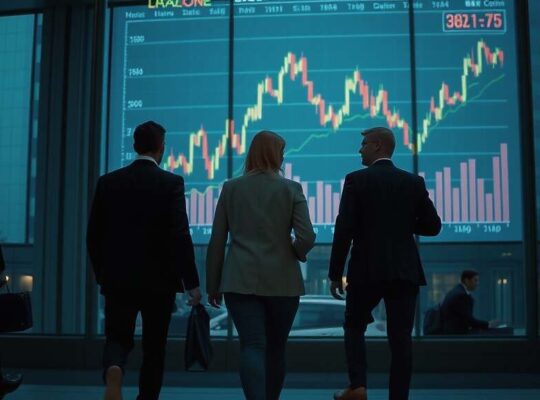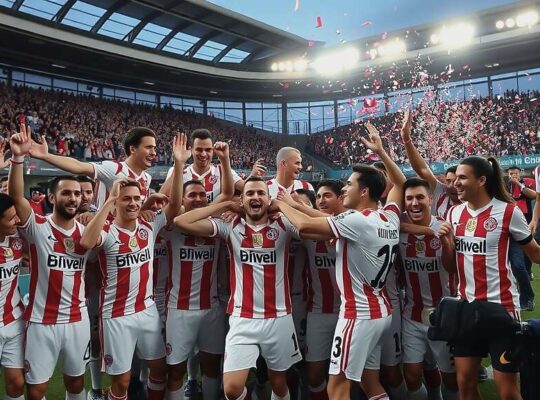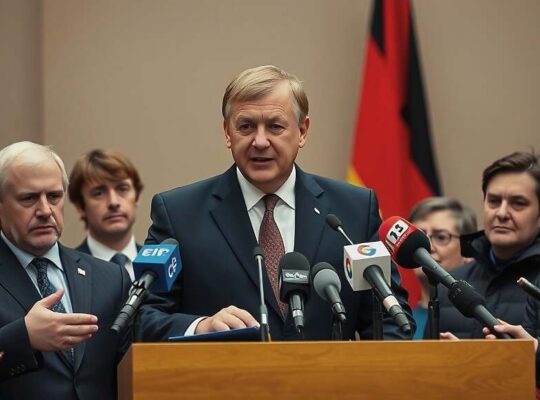The announcement from Cristiano Ronaldo, declaring the 2026 World Cup to be his final appearance on the global stage, carries considerable weight, extending far beyond the realm of sports. At 41 years old, Ronaldo’s impending retirement from international competition signals a potential shift in the global power dynamics of football and raises questions about the future trajectory of Portuguese national identity intricately linked to his unparalleled career.
Ronaldo’s declaration, made to CNN earlier this week, isn’t just a farewell; it’s a symbolic end to an era dominated by his relentless pursuit of excellence. The Portuguese national team, for decades, has been inextricably defined by his individual brilliance. While undeniably a source of national pride and economic benefit, this reliance on a single figure has, critics argue, stifled the development of a more collective and sustainable national identity within the sport. The coming years will test Portugal’s ability to forge a new narrative, independent of Ronaldo’s presence and cultivate a generation of players capable of competing at the highest levels.
The timing of this announcement, ahead of the expanded 48-team World Cup in 2026, hosted jointly by the USA, Mexico and Canada, is particularly noteworthy. The tournament’s unprecedented size introduces complexities regarding qualification and competition, potentially diluting the traditional powerhouses. Ronaldo’s absence could, in theory, create space for emerging footballing nations to challenge the established order, but will also leave a vacuum in terms of global appeal and marketing potential.
Beyond the sporting implications, Ronaldo’s contemplation of a broader retirement from football raises subtle questions about legacy and the commodification of athletic success. His decision to acknowledge that he has “given [football] everything” while potentially genuine, also subtly echoes the intensified pressures and expectations placed upon elite athletes in a relentlessly performance-driven culture. The era of Ronaldo, a phenomenon both celebrated and occasionally scrutinized, is entering its twilight, prompting reflection on the future of football itself and the evolving relationship between sporting heroes and the national narratives they embody.



